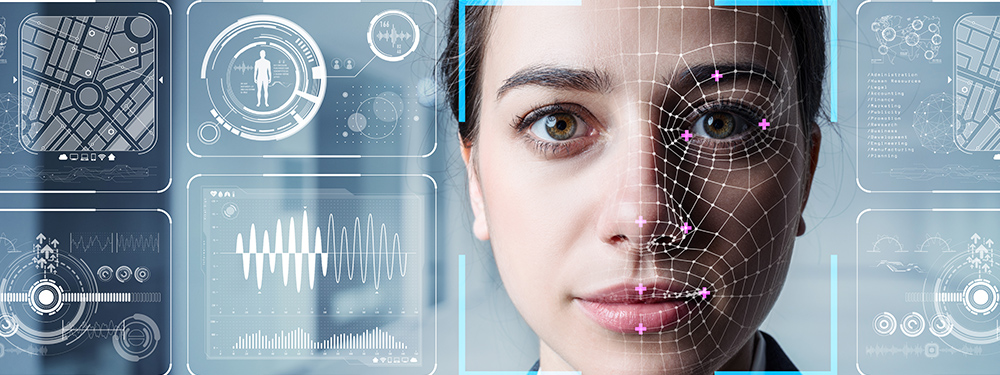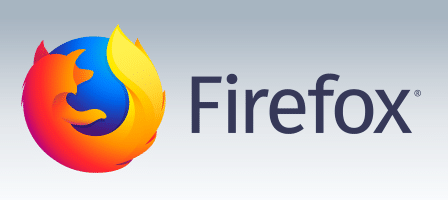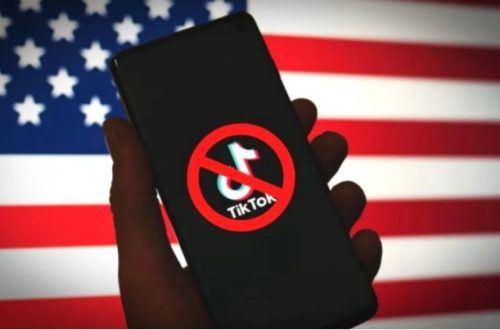The Trends of Facial Recognition Technology & People’s Concerns
Brought to you by @TurnOnVPN:
I watched tons of movies as a kid. My father had an entire closet full of movies, and I would take any chance I could get to watch through it all.
Some of these movies, usually sci-fi, showcased technologies that at the time seemed new and…amazing. One of these technologies can be described as facial recognition technology.
Fast forward to 2020, and facial recognition technology is not only real but flourishing. Ever since Apple’s including it in the iPhone, manufacturers everywhere have been busy implementing it in consumer-grade devices. And other industries? Industries such as the medical industry? Facial recognition is quickly making its mark.
But I’m getting ahead of myself. First, I want to discuss the ways in which facial recognition is being used right now. Know that I won’t be covering all of them—as that would take a lifetime—but I will be going over some of the most prevalent uses and trends.
Let’s start small and talk about the ways facial recognition technology is being used in the educational sector. And what better way to start this section off than a personal anecdote?
During my time in college, the administration decided to implement facial recognition as a way to keep the halls, stairways, and other areas secure. This meant using cameras outside and in public areas where students routinely hung out.
Now, this was a small community college in the deep South, so imagine how many other, more wealthy colleges are doing the same thing. With facial recognition, administrations can monitor who’s coming and going, if strangers are hanging out around the area, and if there any security threats.
Moving away from schools, let’s talk about the way facial recognition technology is being implemented in public—in the streets of our cities.
To do this, let’s look at the city of London, England. Over the past couple of years, London’s come under fire for infringing on the rights of her citizens by passing laws that, while increasing the security of the city, hurt the privacy of her citizens.
That brings us to today. Earlier this year, the city of London proposed a city-wide inclusion of facial recognition technology, planning on planting cameras everywhere around the city in order to increase security and awareness of any crime going on.
While this decision has come under fire, it’s setting a precedent that other cities and countries will follow. Depending on how it goes, we may see more cities do this in the future. Scratch that, we will see more cities do this in the future.
Moving on from the security sector, we come to the medical sector. As surprising as it may be, facial recognition technology does indeed have a place in the medical industry, and it can lighten the load on many medical professionals’ backs.
If you’re not aware of what I’m talking about, allow me to show you Face2Gene, the latest advancement in medical facial technology. With Face2Gene, medical professionals are able to diagnose and potentially aid kids with rare genetic disorders and diseases.
Facial recognition will play a big part in diagnosing disorders and diseases. And sure, the list of disorders FR can help diagnose right now is a bit limited, but it’ll only grow with time.
And for a more general perspective, let’s look at how facial recognition is being used across the board. The main function of facial recognition technology is to identify people, correct? Well, the technology is far from perfect right now, and there’s lots of room for improvement.
Facial recognition can be used to distinguish people from one another—an especially helpful attribute in cases like identity theft and fraud. However, there are issues with this, the main issue being racial bias.
As of now, facial recognition technology suffers from racial bias, in which it incorrectly identifies people of non-Caucasian descent—a *big* issue, though that goes without saying.
If we’re going to discuss the faults of facial recognition technology, it’s only fair that we discuss the positives and negatives of the technology as a whole. Not doing so leaves us in the dark about how the technology can be improved, furthered, and used as a tool to improve our quality of life.
To start off, we’ll discuss the positives facial recognition technology brings to the table. After, we’ll discuss the negative.
To kick off the pros, let’s talk about the security facial recognition brings to the table. Let’s go back to the London example I used earlier. Yes, the implementation of cameras on most street corners could turn out to be a really bad idea, but the security it brings is substantial and can’t be ignored.
Security—that’s what facial recognition technology excels at. With it, law enforcement will be able to monitor where criminals are at all times, putting a stop to any mischief before it can happen.
Businesses, schools, hospitals, and vice versa will be able to do the same thing. No more needing guards to stand out front—not when you have cameras that can do the same thing.
And like we mentioned, facial recognition technology allows for scientific advancements. For example, Face2Gene is only one of the many medical advancements facial recognition technology has allowed for.

However, as much as I like discussing why facial recognition technology is good and can be used for a lot of good, it’s important to discuss the potential issues the technology brings it. We touched on it before, and it’s now time to discuss it in length.
The major issue—the make-or-break of the technology for many—is privacy. Without it, we’re at the mercy of the government above us. This is why facial recognition technology is such a concern for many people, myself included. It’s also why many have started somewhat of a global fight against facial recognition.
The extra security is nice, and medical advancements offer a lot, but what will we do about our faces being added to a database? When every camera can recognize us within a second? Privacy is the one major issue haunting facial recognition technology.
Now that we’ve discussed the pros and cons of the technology, let’s look forward; let us look at the future of facial recognition technology and what it can bring us.
As we’ve already covered, facial recognition technology will help improve our security, along with the way medical professionals diagnose and treat disorders and diseases. It’ll also allow for our personal devices to be secure, and I can see facial recognition technology being improved and adapted for camera technology.
The future of facial recognition technology is a bright one—one I look forward to experiencing, despite the issues that may arise.
We discussed the advancements in facial recognition technology, the positives and negatives of the technology, and how it could be used in the future. It’s a lot to take in, but it’s an important topic.











